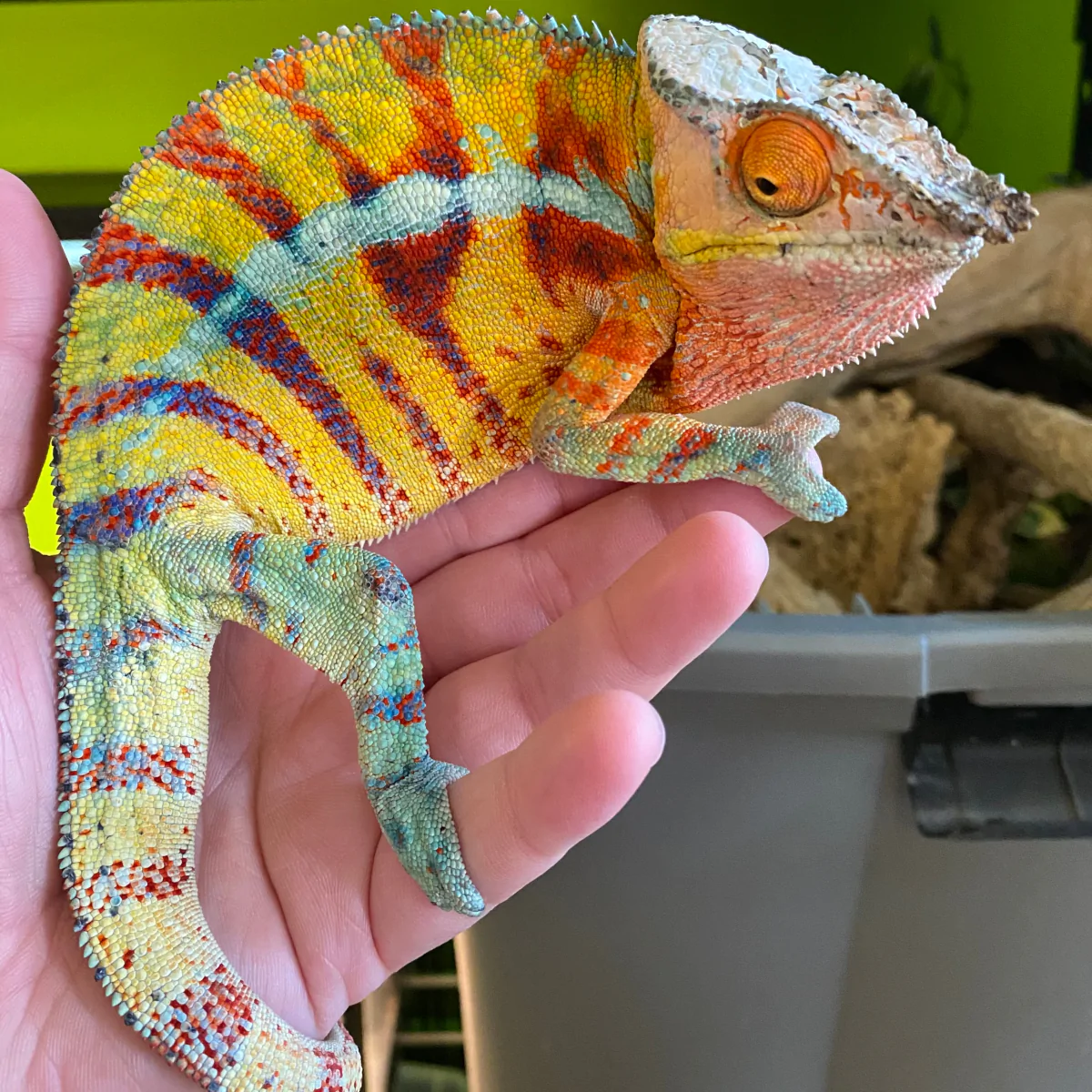Exotic Pet Laws 2025: What You Need to Know
As the fascination with exotic pets continues to grow, so do the regulations surrounding their ownership. Understanding exotic pet laws in 2025 is crucial for potential pet owners to ensure compliance and responsible ownership. This summary provides an overview of the current landscape of exotic pet laws.
Key Points
1. State Regulations Vary
Each state has its own set of laws regarding exotic pet ownership. Some states have strict bans on certain species, while others allow ownership with permits. Familiarize yourself with your state’s regulations to avoid legal issues.
2. Commonly Restricted Species
Many states prohibit or regulate the ownership of certain exotic animals, including:
- Big cats (e.g., lions, tigers)
- Primates (e.g., monkeys, lemurs)
- Certain reptiles (e.g., alligators, venomous snakes)
3. Permits and Licensing
In states that allow exotic pet ownership, permits or licenses may be required. These often involve inspections and proof of adequate care facilities. Always check local guidelines for specific requirements.
4. Conservation and Welfare Concerns
Laws are increasingly focused on animal welfare and conservation. Many regulations aim to prevent illegal wildlife trade and ensure that exotic pets are kept in humane conditions.
5. Future Trends
As awareness of animal rights and conservation grows, more states may implement stricter laws regarding exotic pets. Keeping informed about changes in legislation is essential for current and prospective owners.
Conclusion
Navigating exotic pet laws in 2025 requires diligence and awareness. Always research your local regulations, consider the welfare of the animals, and stay updated on any changes to ensure a responsible and legal pet ownership experience.


